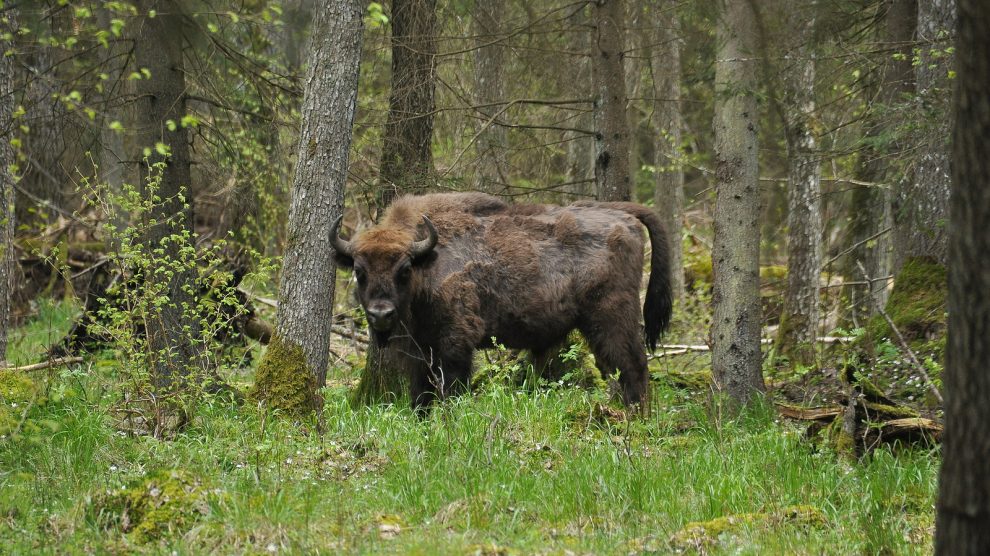Our weekly digest of articles about emerging Europe published elsewhere this week, all of which caught our eye and all of which are well worth your time. Listing them here, however, does not necessarily mean that we agree with every word, nor do they necessarily reflect Emerging Europe’s editorial policy.
Poland’s border wall will cut Europe’s oldest forest in half
Poland is planning to build a wall along its border with Belarus, primarily to block migrants fleeing the Middle East and Asia. But the wall would also divide the vast and ancient Białowieża Forest, a UNESCO World Heritage site which harbours more than 12,000 animal species and includes the largest remnants of primeval forest that once covered most of lowland Europe.
This 1979 NATO plan envisioned nuking Eastern Europe
NATO’s assumption that the war would gradually escalate to nuclear weapons would have been fatal against an adversary that planned to use them on Day One.
Vaccine sceptics in Eastern Europe having change of heart
Some former vaccine sceptics in Eastern Europe have shifted over to the other side as coronavirus infections surge, countries are making it more difficult for the unvaccinated to travel abroad and authorities battle against government distrust and vaccine disinformation.
Klaus Iohannis: Romanian president loses luster as graft fears stalk new government
Romania’s president, Klaus Iohannis, has built a glowing international reputation as a champion of democracy but the shine is wearing off at home, where critics accuse him of ushering in a government they see as a breeding ground for corruption and cronyism.
Serbia: A testament to people power
The fate of Serbia’s democracy is in the hands of its citizens. If the country is to move toward democratic accountability, it will be through bottom-up action, not the EU’s membership conditionality.
UEFA turns a blind eye to Belarus plight
Three times UEFA has rejected a submission to investigate state interference in Belarusian football, neglecting evidence of human rights abuse, threats, torture and political appointment of officials.
Estonia in winter: Into the wilds by canoe and ‘bog shoe’
The peatlands of Soomaa national park are host to a stunning variety of birds and beasts – and even the odd white-thighed bog swimmer.
My grandmother, Yugo-nostalgia and an unfinished tale
Unlike in Sarajevo, where you can grab a coffee at Café Tito, or Skopje, where one can buy a pin with the Marshal’s image at the bazaar, Prishtina is a desert to the Yugo-nostalgic tourist.
Why Hungary became Europe’s unlikely leader in kosher foie gras production
Europe’s two kosher foie gras factories aren’t in France, by far the leading consumer of the fatty liver product. Nor are they in England, home to Europe’s second-largest Jewish population. Instead, they are both in Hungary — where there are few Jews and no more than half a dozen kosher eateries in total.
Olga Tokarczuk: Where to start with her literature
“Tenderness is the art of personifying, sharing feelings, and therefore discovering endless similarities,” Polish writer Olga Tokarczuk said in her Nobel Prize talk in 2018. The lecture title, The Tender Narrator, elegantly describes Tokarczuk’s unique narrative style: rather like a therapist’s, her approach to writing is marked by love, gentleness, and genuine curiosity about her characters’ lives and motivations.
Unlike many news and information platforms, Emerging Europe is free to read, and always will be. There is no paywall here. We are independent, not affiliated with nor representing any political party or business organisation. We want the very best for emerging Europe, nothing more, nothing less. Your support will help us continue to spread the word about this amazing region.
You can contribute here. Thank you.



